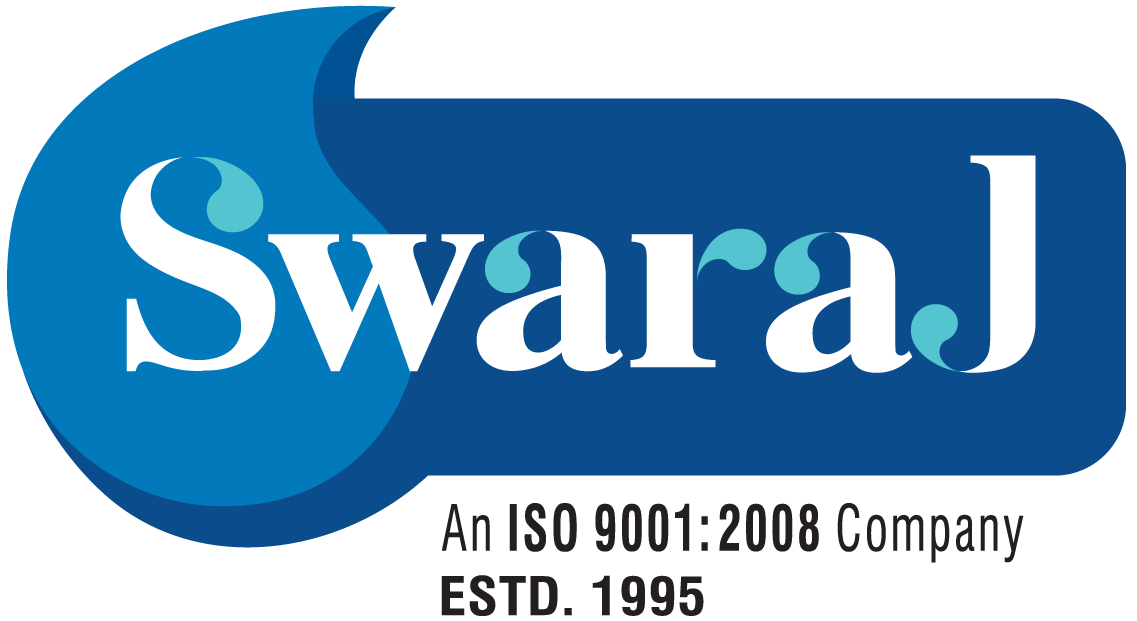Hard water can be problematic because the calcium and magnesium ions react with the higher fatty acids of soap to form an insoluble gelatinous curd, thereby causing a waste of the soap (this objectionable reaction does not take place with modern detergents). In boilers, the calcium and magnesium in hard waters form a hard adherent scale on the plates. As a result of the poor heat conductivity of the scale, fuel consumption is increased, and the boiler deteriorates rapidly through the external overheating of the plates. Sodium carbonate hydrolyses to produce free alkali that causes caustic embrittlement and failure of the boiler plates.
A suitable technique that serves the removal of the ions that cause the water to be hard, in most cases calcium and magnesium ions. Iron ions may also be removed during softening.
The best way to soften water is to use a water softener unit and connect it directly to the water supply.
Swaraj has over 30 years’ experience custom-designing and manufacturing wastewater treatment systems, so kindly reach out to us with your questions. For more information or to get in touch, contact us here. We can walk you through the steps for developing the proper solution and realistic cost for your wastewater treatment system to meet your cyanide treatment or removal needs.

